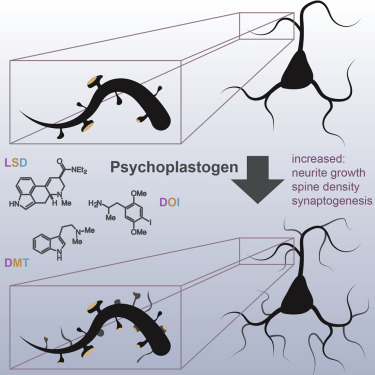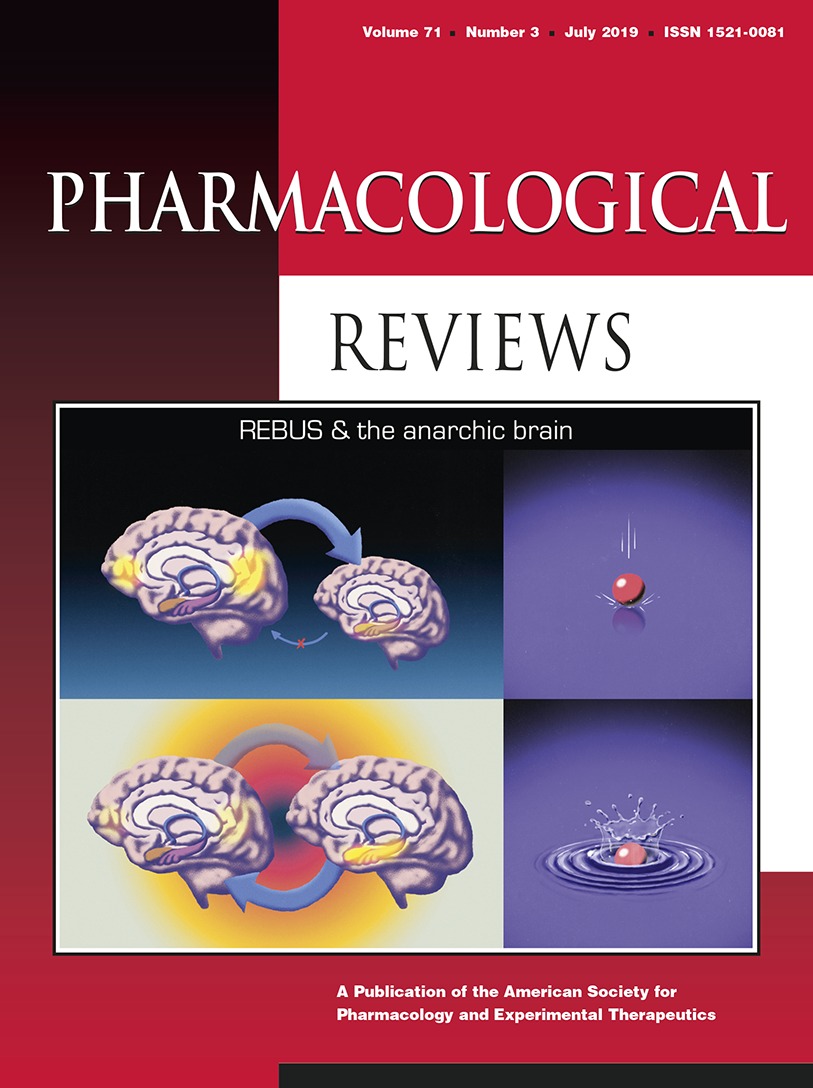Vastness
Bluelight Crew
- Joined
- Mar 10, 2006
- Messages
- 2,316
Something I've been wondering for a while - obviously it is well know that benzodiazepines primarily, but to a less extent even gabapentinoids sometimes have a somewhat muting effect on some of the actual deeper headspace of psychedelics (the latter group being perhaps a bit more up to debate, I don't have much experience with the combination myself, but it seems likely there would be a muting of sorts of the deeper mind expanding effects - benzos, however I have a fair bit of recent experience combining with psychedelics, for better or worse - specifically diazepam).
Anyway I wonder if this translates to a blockage of the measured effects of significant increase of "crosstalk" within the brain, and by extension, or separately, most or all of the longer term proposed neurological and psychological benefits (assuming for the moment, that this is a given within this hypothesis, no matter your own thoughts on the current science and the exact definition of a "benefit").
My own perception is that there probably is some muting effect to the therapeutic potential, but not a complete negation, as I still feel I learn lessons and new perspectives on life even within the messier benzo-clouded escapades... although the "purer" ones, undiluted by such chemicals are unquestionable more profound and I would venture to say clearly more "useful" over, the alternative which admittedly, can become a largely heonistic pursuit.
Interested both in scientific interactions at the neurochemical level, and interpretations of the likelihood of changes at the more ethereal psychological level as a result of this. Either proven data or pure speculation is welcome!
Anyway I wonder if this translates to a blockage of the measured effects of significant increase of "crosstalk" within the brain, and by extension, or separately, most or all of the longer term proposed neurological and psychological benefits (assuming for the moment, that this is a given within this hypothesis, no matter your own thoughts on the current science and the exact definition of a "benefit").
My own perception is that there probably is some muting effect to the therapeutic potential, but not a complete negation, as I still feel I learn lessons and new perspectives on life even within the messier benzo-clouded escapades... although the "purer" ones, undiluted by such chemicals are unquestionable more profound and I would venture to say clearly more "useful" over, the alternative which admittedly, can become a largely heonistic pursuit.
Interested both in scientific interactions at the neurochemical level, and interpretations of the likelihood of changes at the more ethereal psychological level as a result of this. Either proven data or pure speculation is welcome!



